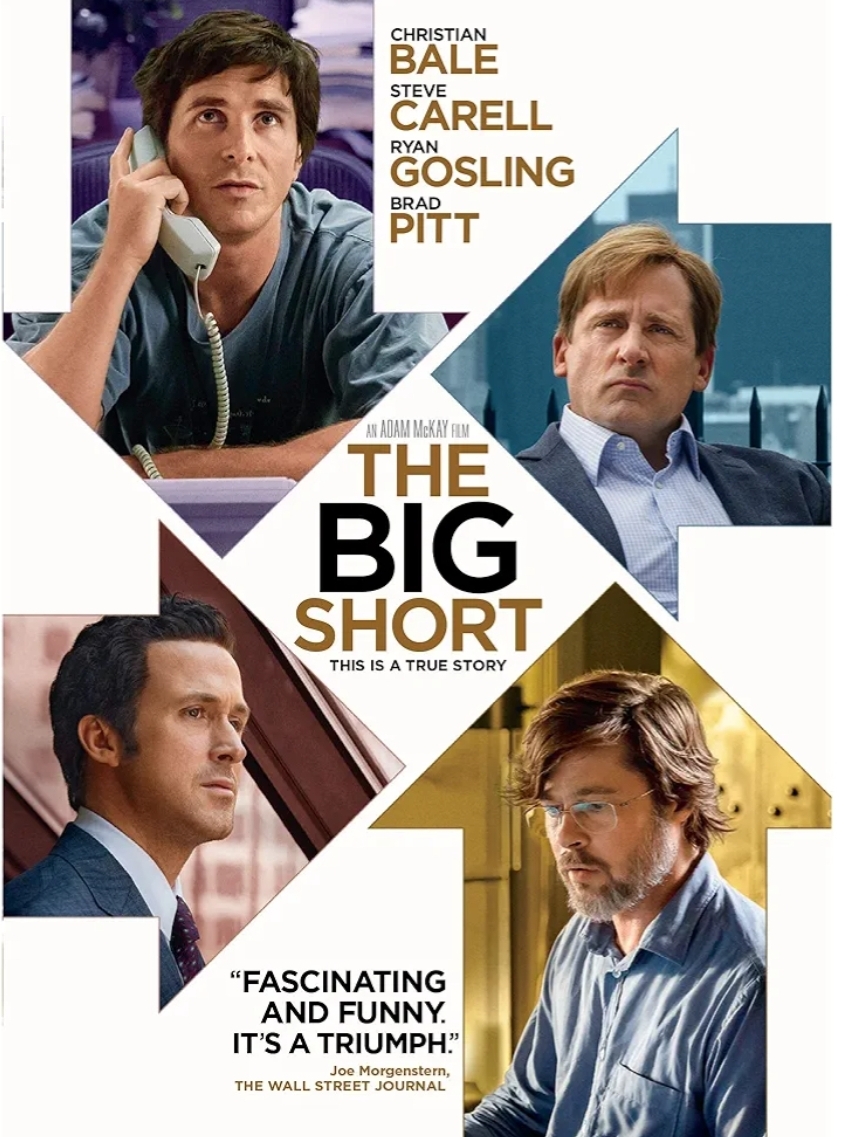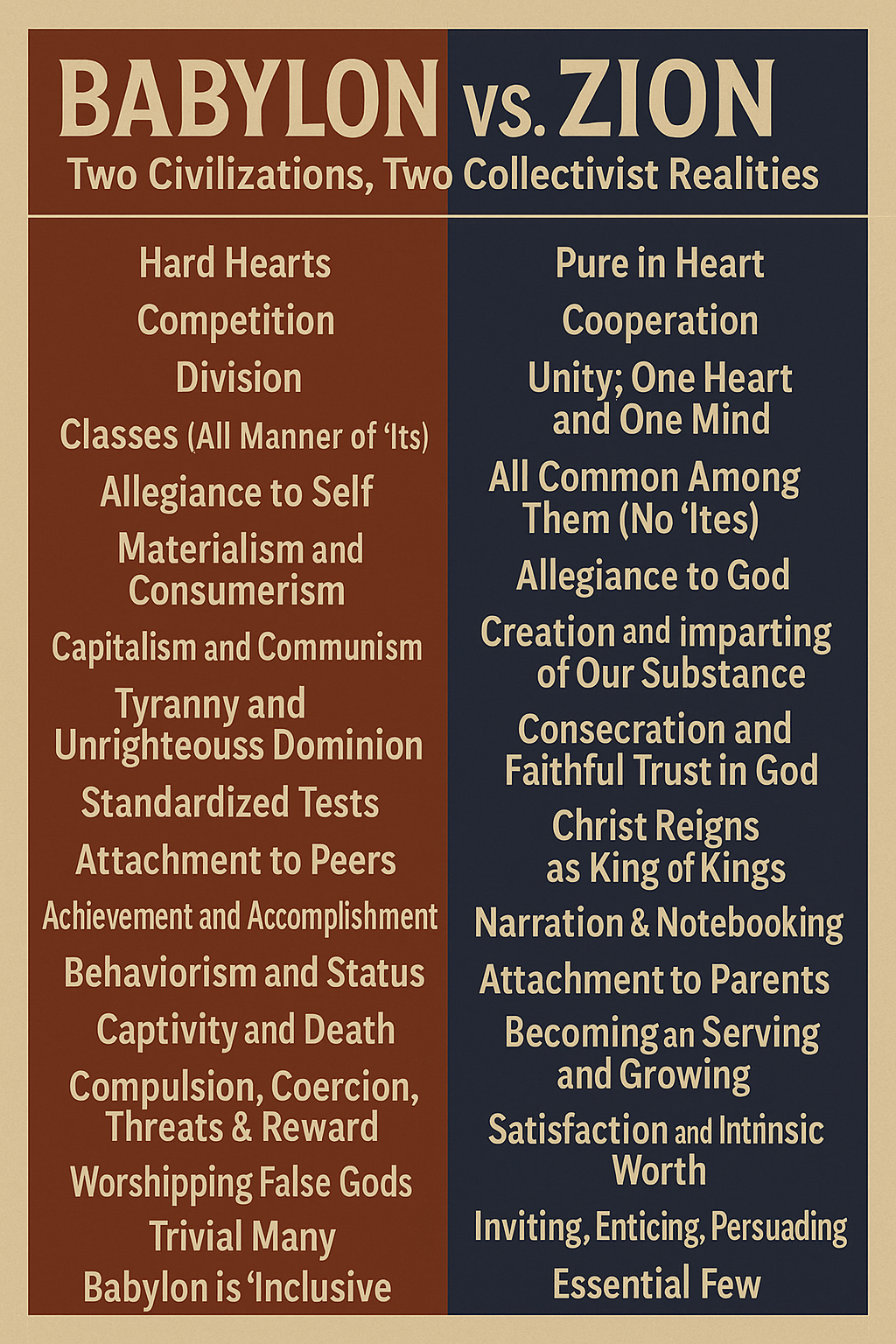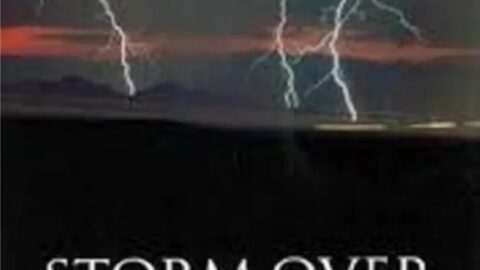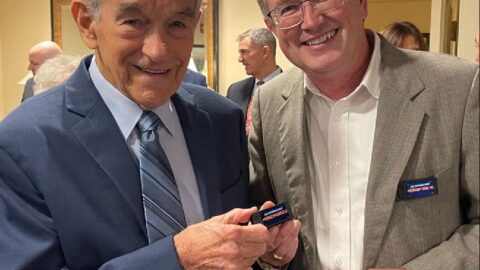Authors note: The financial fraud that was done to Americans in 2007-2008 is systemic. It still exists today.
The Big Short (2015) – A Deep Dive
Directed by Adam McKay and based on Michael Lewis’s book The Big Short: Inside the Doomsday Machine, The Big Short is a dramatized but factual account of the 2007-2008 financial crisis. It explores how a few contrarian investors predicted the housing market collapse, profited from it, and exposed the systemic corruption of Wall Street, banks, and rating agencies. The film stars Christian Bale, Steve Carell, Ryan Gosling, and Brad Pitt, with Melissa Leo appearing as a corrupt ratings agency executive.
Understanding the Financial Crisis
The movie explains how the U.S. housing market, once considered stable, was built on toxic financial products:
- Subprime Mortgages – Banks issued risky home loans to borrowers with poor credit, assuming housing prices would always rise.
- Mortgage-Backed Securities (MBS) – Banks bundled these bad loans and sold them as “low-risk” investments to pension funds, hedge funds, and foreign governments.
- Collateralized Debt Obligations (CDOs) – Investment banks repackaged even the worst mortgages into high-rated financial instruments, deceiving investors.
- Credit Rating Agencies’ Corruption – Agencies like Moody’s and S&P (where Melissa Leo’s character works) gave AAA ratings to junk CDOs because they were paid by the banks creating them, ensuring more business.
When borrowers defaulted en masse, the whole system collapsed, triggering a global recession.
The Outsiders Who Saw It Coming
While most of Wall Street ignored the warning signs, a handful of investors recognized the bubble and bet against the housing market:
- Dr. Michael Burry (Christian Bale) – A hedge fund manager who analyzed mortgage data and realized defaults were rising. He pioneered the use of credit default swaps (CDS) to short (bet against) the housing market.
- Mark Baum (Steve Carell, based on Steve Eisman) – A skeptical, moralistic hedge fund manager who exposed bank fraud and government incompetence.
- Jared Vennett (Ryan Gosling, based on Greg Lippmann) – A slick trader who acts as the audience’s guide, explaining financial jargon in layman’s terms.
- Ben Rickert (Brad Pitt, based on Ben Hockett) – A retired trader who helps two young investors profit from the impending crash, while warning them about the human cost.
Melissa Leo’s Role: The Ratings Agency’s Complicity
Melissa Leo plays Georgia Hale, an executive at a major credit rating agency (Moody’s or S&P in real life). When Baum’s team confronts her, she admits the agencies knowingly gave high ratings to toxic CDOs because:
- If Moody’s didn’t, banks would take their business to a different agency.
- The system was rigged—banks, regulators, and ratings agencies all profited from keeping the fraud alive.
Her character embodies the systemic corruption that allowed the crisis to escalate.
How the Crisis Unfolded
- Mortgage defaults spiked in 2007, triggering massive foreclosures.
- Banks, insurers, and investors lost billions, as MBS and CDOs turned worthless.
- Lehman Brothers collapsed, sending shockwaves through the global economy.
- The U.S. government bailed out banks, using taxpayer money, but left millions of Americans jobless and homeless.
- No top Wall Street executives were jailed, despite blatant fraud.
Themes & Real-World Impact
- Financial Illiteracy & Manipulation – Most people didn’t understand how the system worked, allowing banks to exploit both investors and homeowners.
- Government & Corporate Corruption – The SEC, Federal Reserve, and politicians ignored warning signs and protected Wall Street.
- Moral Consequences – While the main characters profited, they struggled with guilt over the suffering caused by the collapse.
Why The Big Short Matters Today
The financial industry never truly reformed, and history is repeating itself with:
- Private Equity creating a new debt bubble (see the 2008 2.0 discussion above).
- The Federal Reserve manipulating interest rates, creating market distortions.
- Crypto & meme stock bubbles, echoing reckless speculation.
The Big Short is a cautionary tale about how financial greed and systemic fraud can crash entire economies—unless people pay attention.







